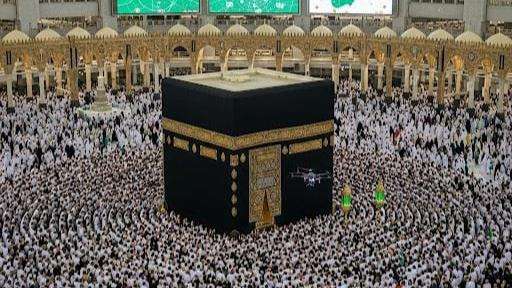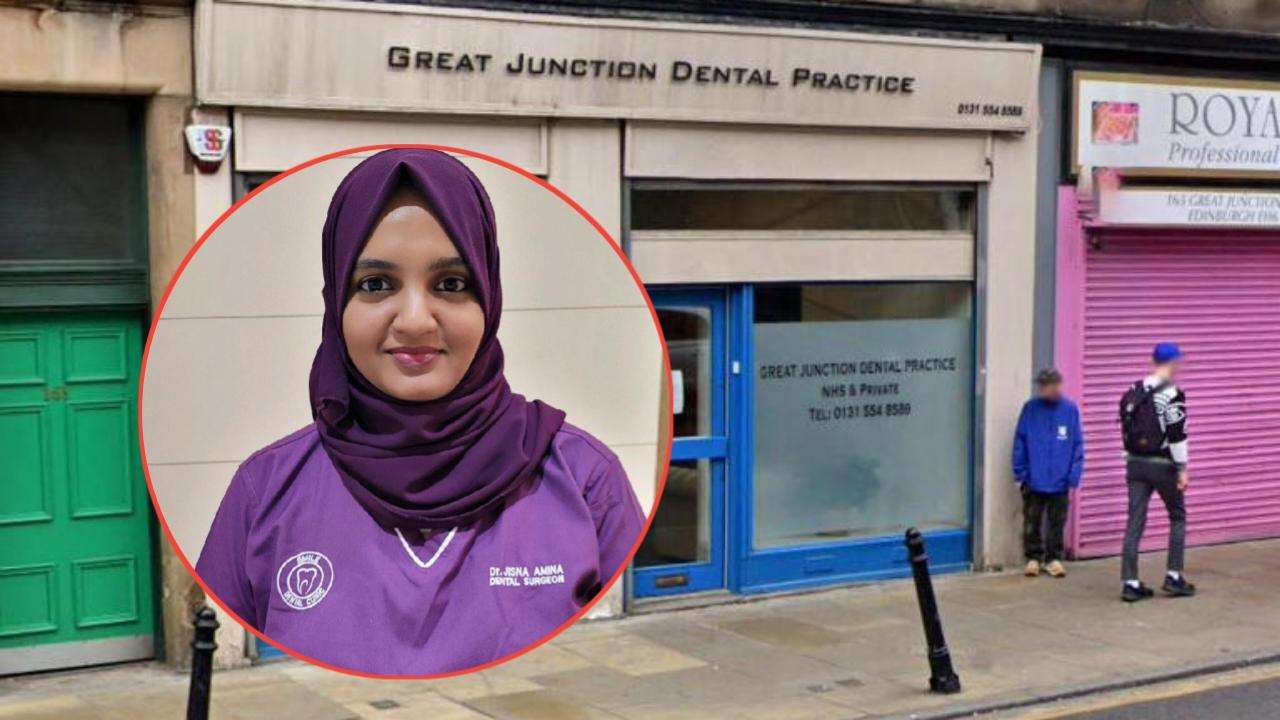Saudi Arabia's ambitious plan to transform the pilgrimage experience is yielding remarkable results, as over 52 million pilgrims and worshippers visited the Grand Mosque in Mecca and the Prophet's Mosque in Medina during the month of Safar.
The figures, released by The General Authority for the Care of the Affairs of the Grand Mosque and the Prophet's Mosque, underscore a significant increase in religious tourism and a successful push towards modernization.
Of the total, more than 21.4 million people prayed at the Grand Mosque, with 7.5 million performing the Umrah pilgrimage. In Medina, the Prophet’s Mosque welcomed over 20.6 million worshippers, including 1.1 million who gained access to the revered Rawdah Al Sharifah. The pilgrimage authority noted a 38% year-on-year jump in Umrah pilgrims, highlighting the Kingdom's expanding capacity and enhanced services.
Technology at the Forefront of Pilgrim Management
The staggering numbers were managed with the aid of advanced sensor technology at key entry points, providing real-time data for crowd management and a smoother flow of worshippers. This system is part of a broader digital transformation effort aimed at boosting operational efficiency and ensuring the safety and comfort of millions.
The use of technology extends beyond crowd control. The official Nusuk platform has become a central hub for pilgrims, allowing them to apply for e-visas, book accommodations, arrange transportation, and schedule prayer slots at the Prophet's Mosque and visits to the Rawdah Al Sharifah. This digitalization is a cornerstone of Saudi Arabia's Vision 2030, which seeks to welcome 30 million Umrah pilgrims annually by the end of the decade.
Upcoming Changes and Predictions for Umrah Pilgrimage
In line with its Vision 2030 goals, Saudi Arabia is implementing a series of predicted and confirmed changes to further streamline the Umrah process and enhance the pilgrim experience. These changes are expected to include:
- Mandatory Hotel and Transport Bookings: As of June 2025, a new rule came into effect mandating that all Umrah visa applicants must book their hotel and transport through the official Nusuk Masar platform before applying for a visa. This measure is designed to prevent fraudulent bookings and ensure pilgrims have confirmed accommodations, thereby improving safety and service.
- Expansion of E-Visa Services: The Kingdom is set to continue expanding its e-visa program, making it easier for citizens from more countries to apply for a tourist visa that allows them to perform Umrah. This is part of a wider initiative to diversify the visa options available to visitors and simplify the entry process.
- Infrastructure and Mobility Upgrades: Ongoing and upcoming projects include the expansion of the Grand Mosque, the development of new hotels and services, and the implementation of smart mobility solutions like the Makkah Metro to manage traffic and pilgrim movement more efficiently.
- Enhanced Digitalization: Pilgrims can expect further integration of technology into their journey. This will likely include more sophisticated mobile applications, AI-based crowd monitoring, and seamless digital payment systems for services throughout their stay.
- Focus on Individualized Experiences: The new systems and visa rules are expected to empower individual pilgrims to plan their trips with greater flexibility. With options to perform Umrah on a tourist visa and book services directly through the Nusuk app, the reliance on traditional group packages may shift, allowing for more personalized spiritual journeys.
The latest statistics on pilgrim arrivals and the ongoing strategic changes in regulations and technology signal a new era for religious tourism in Saudi Arabia. The Kingdom is not only increasing its capacity to host more pilgrims but is also leveraging technology to provide a safer, more efficient, and spiritually enriching experience for millions of Muslims from around the world.








.svg)

_2.jpg)
